President of Basaira Elderly Centre in the London Borough of Lambeth, former Police Inspector in colonial East-Africa and a Social worker in post-colonial Britain, Mohammed Khan Lodhi asks “Why shouldn’t Muslims step into the twenty first century?”.
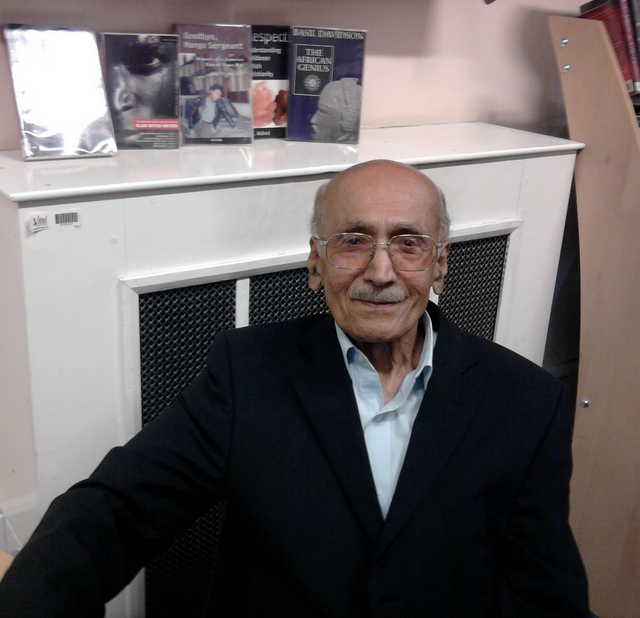
Shanta Sultana
His eyes filled with sarcasm “Why throw stones at others when you live in glass houses?” he says with contempt, “I don’t call them extremist Muslims, I call them misguided ones. All societies have problems; however it is an attitude of keeping an image in mind and denying the representation of progressive Muslims. All religions are about interpretation and we should step into the 21st century and enjoy the benefit of modern science.”
Mohammed Khan Lodhi smiles and asks me, “Do you think God wants to put his creation on the frying pan? Why did he create others if he only wanted to favour the Muslims?
You see according to my interpretation the Quran doesn’t discriminate against anyone. It is time to forget the word Unbeliever”, he says impatiently. “There isn’t a perfect life accept that we try our best to follow the right way.”
I am overwhelmed by Mohammed’s life experience. He has handled administration in three continents; speaks seven languages and is a living history. “In colonial Tanzania I saw the instrument of independence being handed over by the Duke of Edinburgh to Dr. Julius Nyerere and I was at the jetty when the last colonial governor General Sir Richard Turnbull boarded the naval ship back to England.
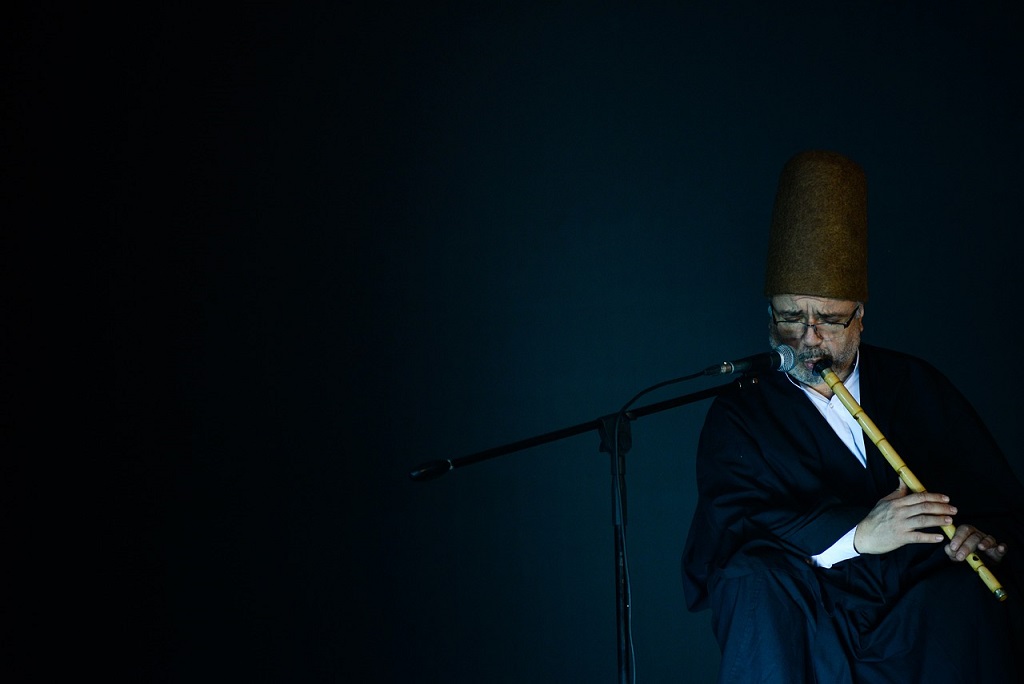 I became more curious and asked Lodhi to tell us about his childhood in East Africa and about his family.
I became more curious and asked Lodhi to tell us about his childhood in East Africa and about his family.
“My parents were from Pakistan which was part of India. I was born in Tanzania in 1934, known as Tanganyika before independence. My grandfather was a Police Inspector in the Punjab in 1905 and my father left India to fight in the 1st world war.
At the end of the hostilities he was inducted to join the newly established civil service in Tanganyika and was amongst the 1st four Asian civil servants. I remember in 1939 my parents hired a taxi to go to Mombasa, in Kenya to take a ship to see our grandparents in Sialkot, India.”
He says with comical expression, “We were nine brothers”. Who took care of you? “Our mother”, he said with the utmost affection, “But she didn´t spare the rod” “Anyway”, he says “There were signs of preparation for the war and after three months we returned to Tanganyika”.
“At night” he says under his breath “the lights used to be switched off in the ship for the fear of German U boats. My first memory about schooling is from 1939; we went to the government school for Indian children and we spoke English and Urdu”.
Mohammed laughs “Though I can fool you as a native Tanzanian with my Swahili”. In 1941 my father was transferred to Musoma, on the shore of Lake Victoria. There was a population of Asian shopkeepers and they had a school where they spoke English and Gujarati.
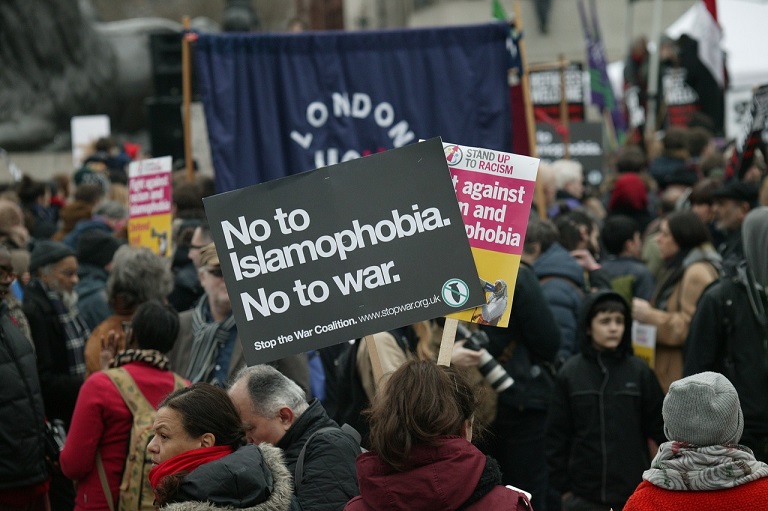 Mohammed fondly reminisces “We were very busy roaming around the bushes; we used to chase Hyenas at night and scare them away. We learnt not to fear from our father and pretended the Leopards were behind the house and had great fun. Mum and dad were a great team.
Mohammed fondly reminisces “We were very busy roaming around the bushes; we used to chase Hyenas at night and scare them away. We learnt not to fear from our father and pretended the Leopards were behind the house and had great fun. Mum and dad were a great team.
Our father was a philanthropist, follower of Sufism with firm faith in God. He discussed theology with his Hindu and Christian friends and worked very hard for us. I learnt to enjoy life without prejudice from him. At eleven years of age I travelled to Dar-es -Salaam with an elderly couple to join my brothers for schooling.” “Our ship carrying Cobras would stop at the Islands at night and the Black inhabitants would welcome and joyously entertain us, it was exciting. My then retired father was convinced by an Englishman to invest in Mika stone mining in Moroboro. At the same time the government opened what is now the Agricultural University of Tanzania and I went to be trained as a farmer. However my father lost the venture and I decided to help the family instead of purusing my dream in agriculture. I joined the East-African Railway and became the assistant general manager.”
“After six years, in 1958 I was transferred to the Tanganyika Police department and became the Police Inspector in 1962. I took a long leave to get trained in Preston CID School in UK. On my return in December Tanganyika was independent. The new government offered an early retirement option to British citizens. In 1967 I, the officer second in command was amongst the ones chosen to leave.”
 “I joined my parents in Pakistan and it was a struggle to make a living. It was supposed to be my home yet I was a foreigner.
“I joined my parents in Pakistan and it was a struggle to make a living. It was supposed to be my home yet I was a foreigner.
After 10 years of struggling I joined as one of the four ex-pat security officers in The New Airport in Jeddah, Saudi Arabia. When in 1979 I went to attend a conference in Frankfurt I visited my brothers in the UK and they suggested I should stay.”
“I worked in Saudi Arabia as the Security Manager and although it was a privileged position I decided to leave for UK and joined Brent Council to help vulnerable people and later became a tutor for Social Work.” Why did you leave Saudi Arabia? “You see, I don’t want to go too far with this except I was discontented with the Saudi treatment of the working class. The labouring class was from South Asia and North Africa and they would scare them off from the shops, they would call them Baggers.
They respected the whites but despised the workers.”
Mohammed smiles and enlightens me “Racism exists everywhere”. He says angrily “Colonialism is not a new concept, hegemony and colonialism is over 2000 years old. It is a part of the way societies have evolved. The Muslims colonised and slave traded. The Greeks and the Romans did it too. Hindus did it to each other. Who is perfect? The reason people revolted this time is due to the process of industrialization. That is what I think” he says contemplatively “It is then people realised they deserve more.”
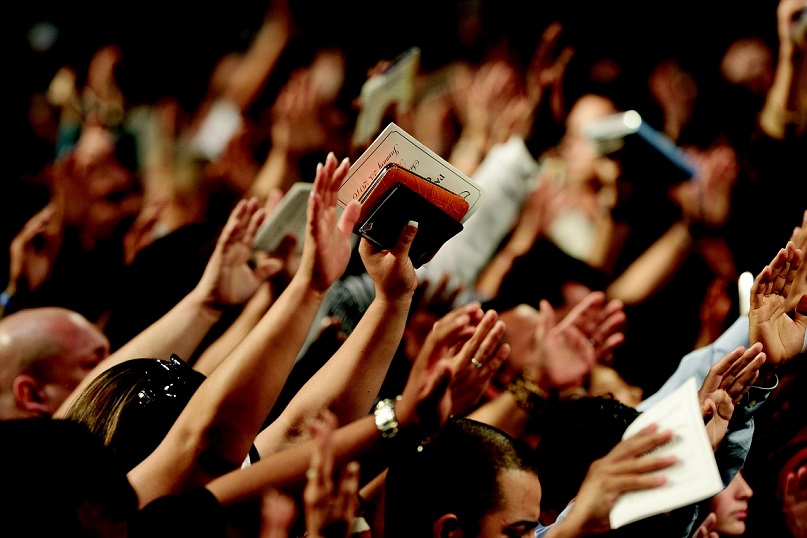 Mohammed says “We were content because the administration maintained high standards at work and jobs were available if you wanted them. Naturally the colonial policy did not allow us to have the higher decision making positions but we saw the opportunity to prosper. Though the whites were the bosses and mostly socialized in their own clubs, we were busy with our lives. No one had everything in the past. We have to adapt ourselves without going into extremism”.
Mohammed says “We were content because the administration maintained high standards at work and jobs were available if you wanted them. Naturally the colonial policy did not allow us to have the higher decision making positions but we saw the opportunity to prosper. Though the whites were the bosses and mostly socialized in their own clubs, we were busy with our lives. No one had everything in the past. We have to adapt ourselves without going into extremism”.
“Self Improvement is better” he continues. “I am a bi-product of colonialism and the colonies were created with the amalgamation of various cultures. Blacks and Asians practice racism because they are mis-informed. It is born out of the lack of knowledge about each other’s ways of life” he says.
“It is the economical reasons that shape people’s ways of lives and the system of a country doesn’t make provisions for the disadvantaged”… Mohammed explained that the South Asians were exposed to English education prior to the Africans and took the administrative jobs when possible.
Later the British Administration saw the need for education in East-African colonies; however Africans fell behind in the workforce.
Like today, education was available for those who could afford it” he says, “I didn’t feel any discrimination in the classroom, if you wanted to take the opportunity you could. But money matters always.”
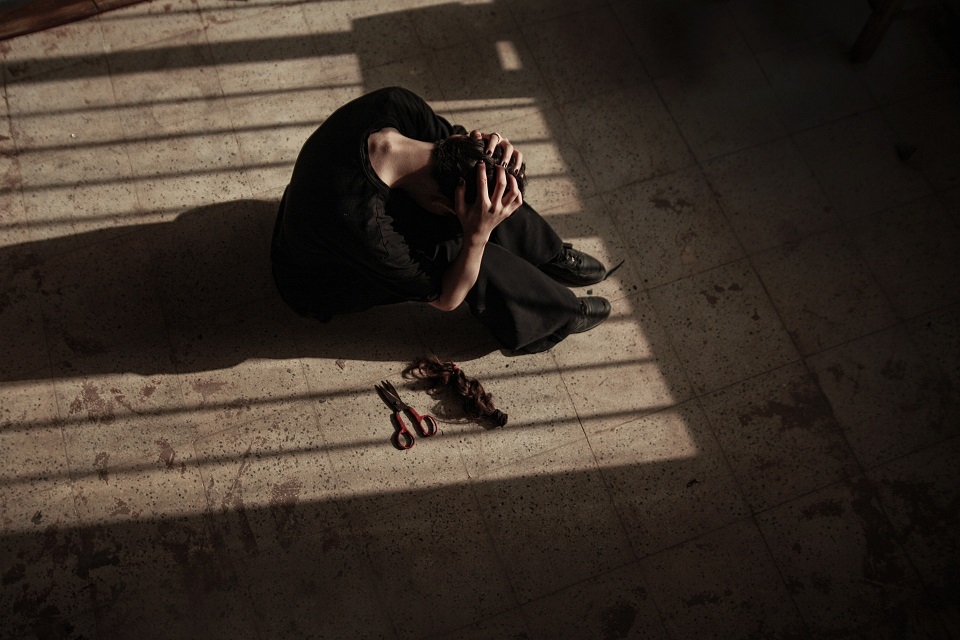 “Race means nothing; culture is a way of life like your attire.” According to Mohammed, “South Asian races are bi product of various historical factors and in fact people are constantly evolving. “Look at UK port areas, obviously people have been mixed due to the merchants arrival”.
“Race means nothing; culture is a way of life like your attire.” According to Mohammed, “South Asian races are bi product of various historical factors and in fact people are constantly evolving. “Look at UK port areas, obviously people have been mixed due to the merchants arrival”.
Your message to Muslims?
“Tolerance.” (The Prisma’ memoirs. August,2011)
(Photos: Pixabay)












.jpg)












